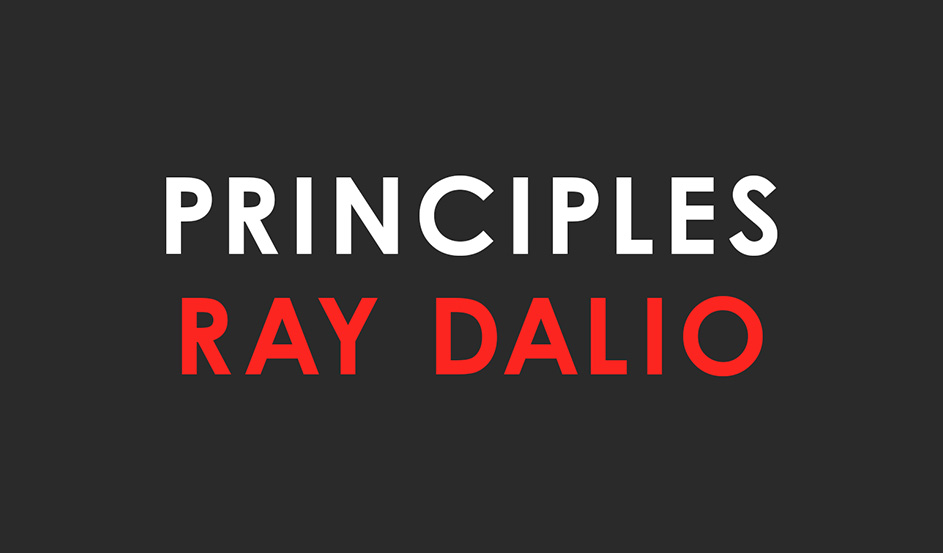
RADICAL TRANSPARENCY IN THE KITCHEN
Let’s start by tackling one of the more extreme principles; Radical Transparency. In his own words during an interview, Dalio described the idea behind this as follows;
“I think the greatest tragedy of mankind is that people have ideas and opinions in their heads but don’t have a process for properly examining these ideas to find out what’s true. That creates a world of distortions… So when I say I believe in radical truth and radical transparency, all I mean is we take things that ordinarily people would hide, and we put them on the table, particularly mistakes, problems, and weaknesses. We put those on the table, and we look at them together. We don’t hide them.” (Ray Dalio, 2017)
Radical transparency seeks to encourage everyone that is part of the organisation to think about and take responsibility for putting their ideas forward and/or addressing issues, forcing these issues to the surface and drawing upon the talents and insights of all its members to solve them.
The purpose is to give every member of the team a voice and responsibility to contribute towards the growth of the team. Its aim is to develop a culture in which “meaningful relationships are achieved, and this can only be done effectively when you and others can speak openly to each other about everything that is important. Learn together and understand the need to hold each other accountable to be as excellent as they can be. When you have such relationships with those you work with you pull each other through challenging times, at the same time sharing challenging work draws you closer and strengthens your relationships, this self reinforcing cycle creates the success that allows you to pursue more and more ambitious goals.” (Principles, 2018)
I imagine most of those who work in the hospitality industry will read the above and that their feelings will be summed up in one of two ways; 1) that’s a brilliant idea, but no way is it ever going to happen in hospitality, 2) that’s a ridiculous idea, hospitality businesses couldn’t support that type of system as hierarchy is so embedded within the industry and is necessary to manage such complex, people-centric operations effectively.
Just remember; those who say they can, and those who say they can’t, are both right…
Agreed, that if introduced in a haphazard style such transparency will inevitably become a source of tension and negativity. It is easy to see how in kitchens (and hospitality) this could go terribly wrong. This is not about giving people a ‘carte blanche’ to openly criticise one another’s performance and/or character.
But if successfully managed; think of the great opportunities afforded to organisations and teams that can communicate effectively and remove the work place politics and gossip from the equation (it can get quite petty and even nasty in some kitchens and hospitality businesses). What if everyone from the kitchen porter to the head chef had the right – and what’s more the responsibility – to share their honest opinions and thoughts towards what they felt would improve the overall operation? It would inevitably encourage members of the team to share their thoughts in a much more constructive way. Over time such transparency would encourage a greater sense of unity in teams as the relationships are based on honest opinions.
And so you may ask.. have we employed radical transparency in Kitchen Theory? The short answer is no, well not yet at least. There is no doubt that radical transparency can be executed effectively and have a positive net effect, however the reality is this concept requires a well-defined framework which open the door to honest conversations and thoughtful disagreement. Right now the team and I are beginning the process defining our values (or principles), which among many others include; honesty, respect, growth and loyalty – all of which relate directly to the concept of radical transparency. As we define our values and continue to discover such concepts, we will assess how they will match up with our values and then design a system for their implementation.
Article 2: Down with the Chef: Introducing an Idea Meritocracy
All images property of www.principles.com

